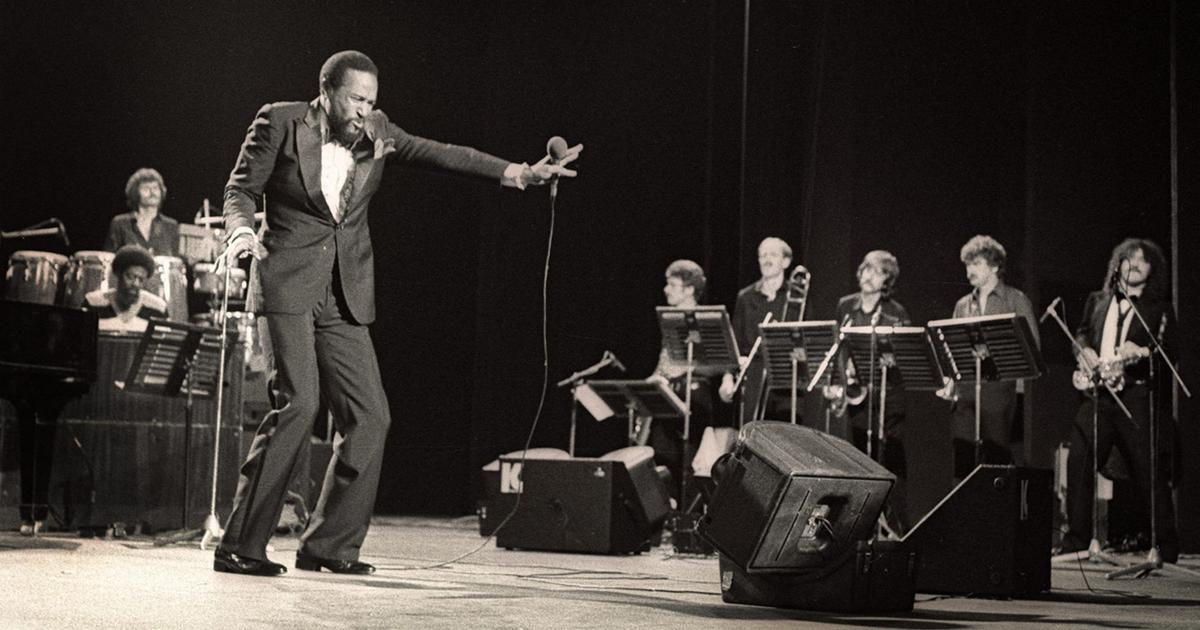Enlarge image
Housework is seldom seen, but taken for granted - that was not always the case
Photo:
Michael Nicholson / Corbis / Getty Images
A homemade cake for a children's birthday party, a handcrafted school cone for school enrollment, ironed clothes and polished floors: many women know the pressure of not just doing housework and family chores as a matter of course. But gladly. After all, this unpaid work is commonly seen as an expression of love. Since when and why childcare and housework have been confused with affection can now be read in the carefully researched book "The Invention of the Housewife". In it, the cultural scientist Evke Rulffes shows how the topoi of the "good mother" and the loving housewife were created. Because, even if you might believe that, both did not always exist.
Through digressions into everyday history and references to historical household guides, Rulffes traces in detail how the image of women and mothers fundamentally changed at the end of the 18th century.
If women previously worked in handicraft businesses and worked as operations and personnel managers of their household, the ideal of love marriage made domestic work without expectation of anything in return popular.
Hemisphere of the hearth
The cult of small families and philistine bourgeoisie banished women to the hemisphere of the hearth, while new bourgeois norms of upbringing promoted the ideal of a caring mother - "the perfect argument to exclude them from civil rights such as education and the exercise of the profession." The population policy considerations finally intervened actively in all facets of (female) life. First and foremost, women should give birth to and raise good citizens. "Here the woman's body becomes a political issue," writes Rulffes, "motherhood becomes the control point for the modernization of bourgeois society."
Out of social pressure, breastfeeding developed into the image of the new, good mother - what modern mothers know.
Anyone who employed a wet nurse was quickly referred to as a "mother of a raven".
Rulffes explains that this topos comes from a misinterpretation of Luther's translation of the Book of Job: It was understood that the birds drive their children out of the nest.
The fact that this image was transferred to mothers who did not breastfeed their children, or only for a short time, is particularly frightening.
That it holds up to this day, even more so.
Shame and social ostracism
While women have been responsible for the good atmosphere in the house since antiquity, the Prussian campaign for the new motherhood made them “people-pleasers” once again: it was up to women to ensure the mental well-being of their family members, i.e. to do emotional work.
In order to get her to do this, one worked with shame and social ostracism: for example, if a man did not behave quite so domestically and modestly, this was considered to be his wife's fault.
After all, it was up to her to keep the love happiness of the marriage.
So: to satisfy him.
advertisement
Rulffes, Dr.
Evke
The Invention of the Housewife - History of Devaluation: History of Devaluation
Publisher: HarperCollins
Number of pages: 288
Publisher: HarperCollins
Number of pages: 288
Buy for € 22.00
Price inquiry time
10/30/2021 7.47 p.m.
No guarantee
Order from Amazon
Order from Thalia
Order from Weltbild
Product reviews are purely editorial and independent.
Via the so-called affiliate links above, we usually receive a commission from the dealer when making a purchase.
More information here
At the same time, the household and family chores grew, explains Rulffes.
But in order to maintain the appearance of prosperity, the housework always had to be done "invisibly" by the women.
The work was taboo and devalued.
A disposition that unfortunately holds up to this day.
Rulffes argues soberly and precisely that powerful role models did not just develop in that way, but rather emerged from calculated ideological motives, always to the detriment of women.
It is sad that the present brought electronic kitchen appliances, full-time jobs and heads of government, but did little to change the gender stereotypes that were installed over 200 years ago - and the pressure of modern mothers to comply with them.
Rulffe's book is also encouraging: housework and family work were not always invisible, unpaid and unloved.
And they don't have to stay that way.







